- Opinion
- Startups
My visit to the Mobike headquarters and what I learned from founder Hu Weiwei
In late July, I did a tour of Mobike’s headquarters in Beijing and had a fascinating talk with their founder Hu Weiwei and VP of international expansion Chris Martin. It was a fantastic experience, and I left with a much better appreciation of the rocket ship ride the company has been on. I’m writing three (more serious) business articles on the bike-sharing business from this experience, but here is a summary of my trip and the five big things I learned.
Arriving at Mobike HQ
The Mobike headquarters is near the Liangmaqiao subway station in northern Beijing. So, on the way there, I got a nice walk along the river (canal?). And, of course, I couldn’t help but notice all the on-demand bikes on the way. These days, the bikes are mostly Mobike and Ofo, which is a change from six months ago when there were more than 30 companies in the market. It got to the point where there weren’t enough new colors to go around and they had to do combinations. Here is one of my favorites.
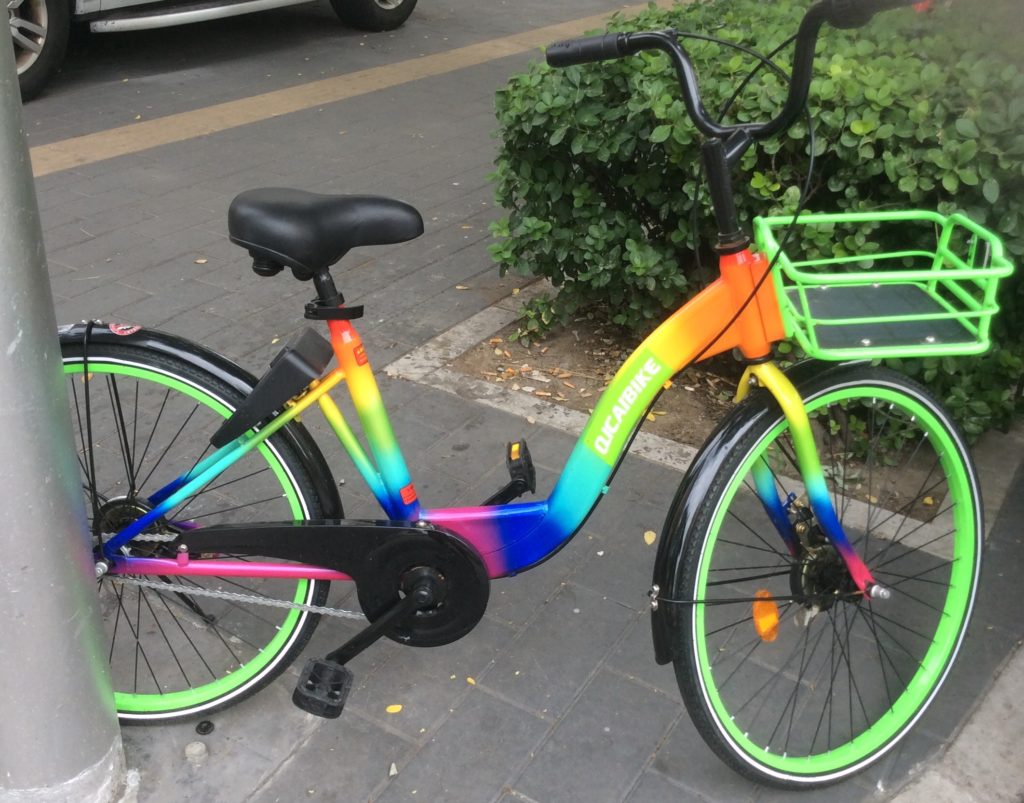
I also passed one of Mobike’s new outdoor ads. You can see similar ones by Ofo in the subways now. I’d been noticing these and wanted to ask Mobike about them. Given their overwhelming presence on the streets, why use outdoor media? Their answer to that is below. Here’s the ad I passed (sorry for the glare).
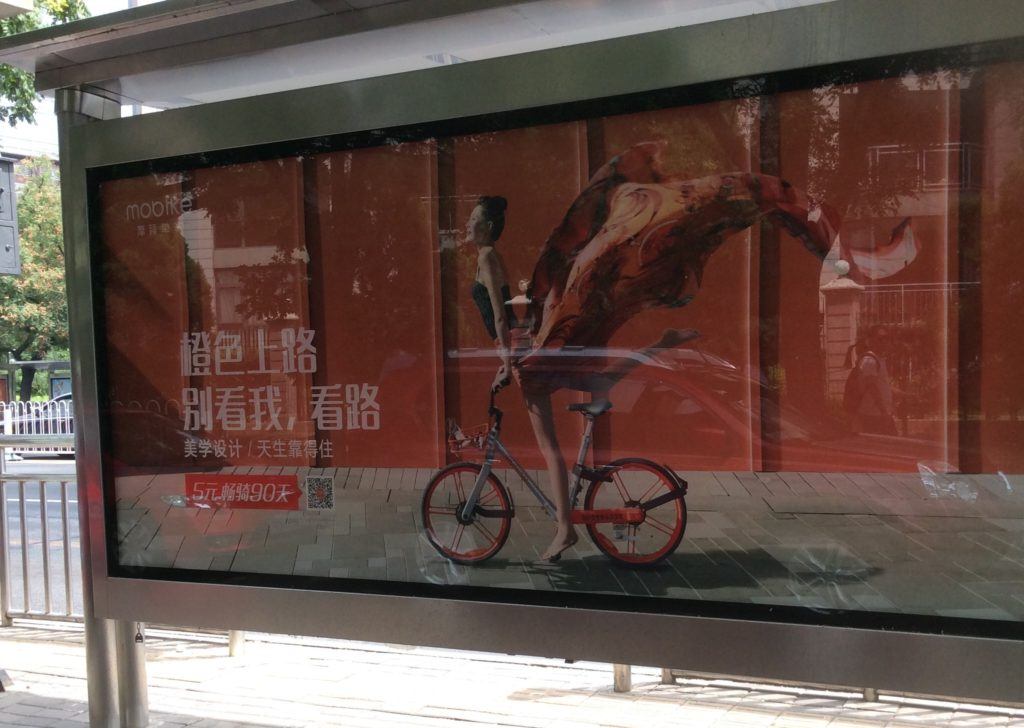
I arrived at their new headquarters at the Manning International Center and immediately started having deja vu. I had definitely been in this building before but couldn’t quite remember when. I just remember giving a talk on the roof, getting pretty drunk at the cocktail party after, and then stumbling around inside this building. That last part is pretty fuzzy though.
The HQ’s lobby was pretty much what you’d expect—a lot of people hustling around, working on laptops in random places, employees meeting at a cafe on the side, and orange everywhere.
On the left wall, there was an interesting mural of the history of bicycles. Mobike was listed as the newest part of that history. On the right wall was the company’s timeline. The line stretched across the entire wall, marking various milestones. But then I noticed that the timeline only began in 2015. So at this rate, that timeline is going to run out of wall space in like November.
And of course, everyone in the bustling lobby was noticeably young and casually dressed. Standing in the lobby in my suit, I felt pretty out of place and a bit old. I made a mental note to drop a couple of references to One Direction.
Luke Schoen and Huang Xue, both from media relations, met me at the lobby. I immediately felt the compulsion to disclose that I had been drunk in their building in the past. In retrospect, that was maybe not a great way to introduce myself. They politely ignored that and off we went on a tour as I pulled out my long list of questions.
Meeting the founder
We headed up to the building’s second-floor deck, which resembled the bow of a ship. I continued peppering Schoen and Huang with various questions, likely pushing the boundaries of acceptable social graces. I was then surprised to be joined by Martin and Hu.
I was pretty lucky, as Martin was the person spearheading their international expansion (a topic I wanted to learn more about). Dressed in jeans and a T-shirt, he came across as someone perpetually in motion. This makes sense, as Mobike has been launching in a new city almost every week. In the last couple of weeks, they have launched in Manchester, Florence, and Milan (and maybe London next month).
Hu, on the other hand, makes a different impression. She’s poised and well dressed (like a Fortune 500 CEO). She has an assistant hovering behind her, constantly trying to get her attention about various things. There is none of the odd behavior that seems so common in Silicon Valley CEOs these days. I scribbled down two notes while she was talking: “Very smart” and “gravitas” (which I circled twice). She struck me as a particularly good example of the newest generation of Chinese women entrepreneurs, a demographic worth paying close attention to.
Two caveats
This is where I put two big qualifiers:
- First, you’ll note that I haven’t quoted anyone. I am not a reporter and there is no “on the record” with me. I am gathering information for my own analysis and understanding. Sorry if that is disappointing. But I have put together a ton of analysis on this company based on the visit, so hopefully, that makes up for it.
- Second, I’m in private equity/advisory and this is a venture capital situation. While private equity tends to be about figuring out what is probable, venture capital is about what is possible. I spend most of my time on strategy and competition questions, but early-stage companies like Mobike are far more about betting on big ideas and the ability of specific people to execute fast. So, you’ll notice I focus more on the longer-term consumer and competition questions and tend to avoid the “how to grow fast” and “how to build an entrepreneurial culture” questions that are probably more relevant but out of my expertise. These are important questions for Mobike, but I’ll leave them to smarter people.
5 takeaways on Mobike and bike-sharing
It’s about focus and speed right now
I peppered the management with questions about various business models: ecommerce, subscriptions, advertising, bike sales, etc. Hu’s answer to most of them was basically “not right now” (my words, not hers). The company is focused on expanding as fast as possible mostly within their current business model, which is the pay-as-you-go bicycle rental model.
Hu also commented about focusing on two products right now. One is the bicycles (and their IoT network) and the other is the company itself. Building the company and getting its corporate DNA right are big parts of what they are working on right now.
My first takeaway is that they are really focused and they are moving as fast as possible to expand geographically with their current model.
They are pulling away in an ‘operational marathon’
The economics of some businesses build certain advantages that limit their competition. For example, it is next to impossible for any company to launch a competing cola to Coca-Cola despite the fact that making soda is pretty easy.
But most businesses don’t really have this sort of protected existence. Most are instead engaged in a never-ending “operational marathon.” This means that every month, they have to get larger, more efficient, and effective. They are constantly improving their operations.
That is what Mobike looks like to me. They’re in an operational marathon and they have been slowly pulling ahead of their competitors. When you look at their market share, international expansion, quality of bicycles, software, and so on, they have clearly opened up a lead from the pack operationally. Their focus, speed, and effectiveness of the management team (things I mentioned in the first point) have a lot to do with this. Being the first mover in a market also helps.
However, the problem with an operational marathon is that you are never ultimately protected. You might stumble and fall, allowing others to catch up with you. In China, this has happened recently to companies like KFC and McDonalds. Similarly, Samsung was the most popular smartphone in the country in 2010, but they fell back and Xiaomi passed them. Then, Huawei took the lead.
So, even when you get big (which eliminates a lot of competitors), you can still fall back depending on your performance. The operational marathon never ends.
Powerful bike-sharing marketing and sales
I spoke with Martin about how their business grows in cities. After deploying a small number of bikes in a city like Manchester (about 1,000 bikes at launch), ridership just starts to naturally grow. A small number of bikes starts to get increasing usage. Then, a launch event and word-of-mouth amplify this.
I was trying to figure out how much money Mobike actually spends on marketing, and it appears to be very little. They host a launch event to get some press and then deploy some bikes (which does cost money, but that’s most of it). The marketing and sales aspects of this business appear both powerful and amazingly low-cost.
I think it’s clear we are witnessing something new and important in terms of sales and marketing. It reminds me of viral marketing for social media and ecommerce.
I can only think of a few companies that have become so pervasive in my life so quickly:
- Baidu
These companies emerged quickly and became embedded in peoples’ lives and consciousness. But these are all phenomena in the virtual world; Mobike is becoming ubiquitous in the physical world. From the moment I leave my office or home, I am barraged with these bicycles. I must walk past over 1,000 of them every day. It is an onslaught of branding and outdoor media that makes Coca Cola’s advertising look small in comparison. But these are not just advertisements covering every street, they are also points of sale. So, it’s like Coca-Cola somehow covered the streets of Beijing with 200,000 vending machines.
These pervasive, low-cost, bikes are also mobile. It’s like the army of vending machines covering every street also follows people around.
I did ask about those billboards/outdoor signages they’re putting up. They basically said they were for branding purposes. While they have a ubiquitous presence on the streets, it doesn’t create a clear association. The billboards are emphasizing the “reliability” of the bikes (and other things).
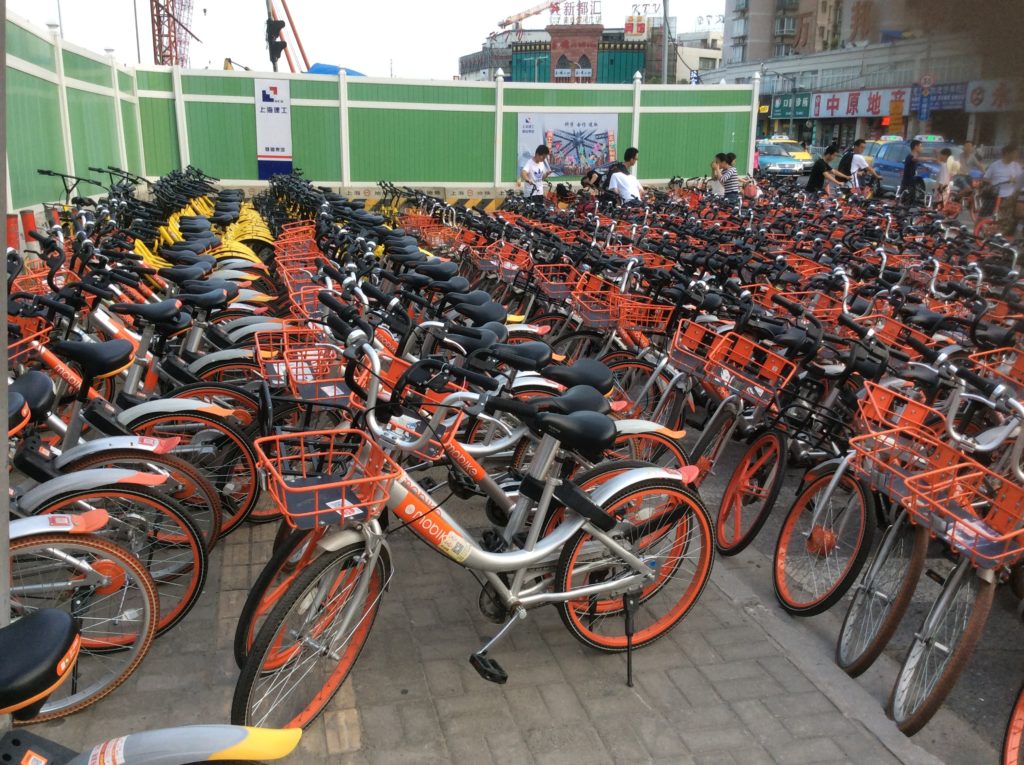
What exactly is a ‘smart bike?’
One thing that Hu mentioned that I thought was really important was how technology and internet companies in China can benefit from the country’s huge manufacturing base and its massive consumer population, which is now easily reachable via smartphones and mobile payments.
This point almost exactly echoed my comments on CGTN that same week. I basically argued that there are two advantages Chinese internet companies have over companies in Silicon Valley: access to the manufacturing ecosystem and the huge domestic consumer population, which enables specialization.
I think this is why we are seeing Chinese innovation leadership in companies that both sell to domestic consumers and have a significant hardware component, such as in drones (DJI), handsets (Oppo), home devices (Xiaomi), and smart bikes (Mobike).
This raises the question of what exactly is a “smart bike?”
A smartphone is a computer in your pocket. And Tesla’s electric cars are really computers that move around. In both cases, these companies were innovators in integrating hardware, software, and services into one holistic package. This combination is critical for a couple of reasons:
- First, by integrating hardware, software, and services, you get better economics. For example, Apple makes over 90 percent of its revenue off of handset sales, but it is the software (iTunes, app stores) and services (iCloud, etc.) that make it sticky for consumers. They can keep their customers year after year in a way that other manufacturers of durable products cannot.
- Second, devices that integrate hardware, software, and services can do things traditional dumb devices cannot. For example, Elon Musk’s electric cars keep demonstrating new abilities relative to traditional cars, such as doors that open with sensors. How long this “smart vs dumb” advantage lasts is the question. Leading smart cars may stay ahead of their competitors in terms of new features, but smart toasters probably can’t do much more than dumb toasters and will become commoditized pretty fast.
So, what is a smart bike and what can it do that traditional bikes cannot? Will this advantage last?
So far, the answer is that smart bikes can be used as needed. Their big selling point is still convenience (not price). Because they are smart and can exist free of any store or docking station, you can use them and leave them as needed.
However, this is just the beginning. These smart bikes may soon do other things. For example, Mobike can basically move their bikes around town by offering users little payments to move them. That type of mobility is a new feature of smart bikes.
They can also basically self-report damage, get better at security, and self-charge by solar panels and pedaling. Perhaps longer distance electric bikes, which you could charge at stations around the city, are coming? This is all bad news for manufacturers of traditional “dumb” bikes.
One difference with Mobike’s approach vs their competitors is that they are manufacturing their bikes in-house. This lets them integrate their hardware, software, and services more closely and probably lets them upgrade faster. It also facilitates the integration of their bikes and their IoT network.
Depending on the bikes’ rate of advancement, this could make it difficult for companies outsourcing their hardware to keep up in terms of features and services. But if these bikes flatline, this could become less of an advantage.
Is there a game over scenario for bike-sharing?
I think this is really the most interesting question and is something squarely in my area of research. Is there a point where a bike-sharing company becomes impossible to compete with? What is the combination of volume, services, and cost structure that creates a game over scenario?
This happened for Didi Chuxing early on because of the unique economics of two-sided platforms. At a certain point, their rider and driver volumes made it impossible for new competitors to enter, and they ended up with over 90 percent of the market. It also happened with WeChat very quickly. However, in other companies like Facebook and Airbnb, it developed slowly over several years.
Note: “Game over” is not the same as “winner takes all.” There can be several untouchable winners in a business.
It is still not clear to me whether bike-sharing will have this sort of game over moment. Certainly, the market leaders can continue to pull ahead. But this is different from a point where a well-run and well-funded competitor simply could not offer the same service as Mobike or Ofo. Recall how even Google could not break into Facebook’s business with Google+.
I am trying to work out what the equation is for a game over scenario in bike-sharing. I’m pretty sure it has to do with effective marketing spend by virtue of bicycle density within a geography. I also think it will involve increased switching costs, complementary services, and economies of scale. But I’m still working on it.
This business is ultimately a really interesting combination of a software business (i.e. intangible assets) and a traditional rental business (i.e. tangible assets).
After my visit to the HQ, I headed back to the Beijing subway, which was, of course, horrendous after 4 pm. Along the way, I saw one of those rare golden bicycles. They’re kind of disappearing, so I always consider seeing one as good luck.
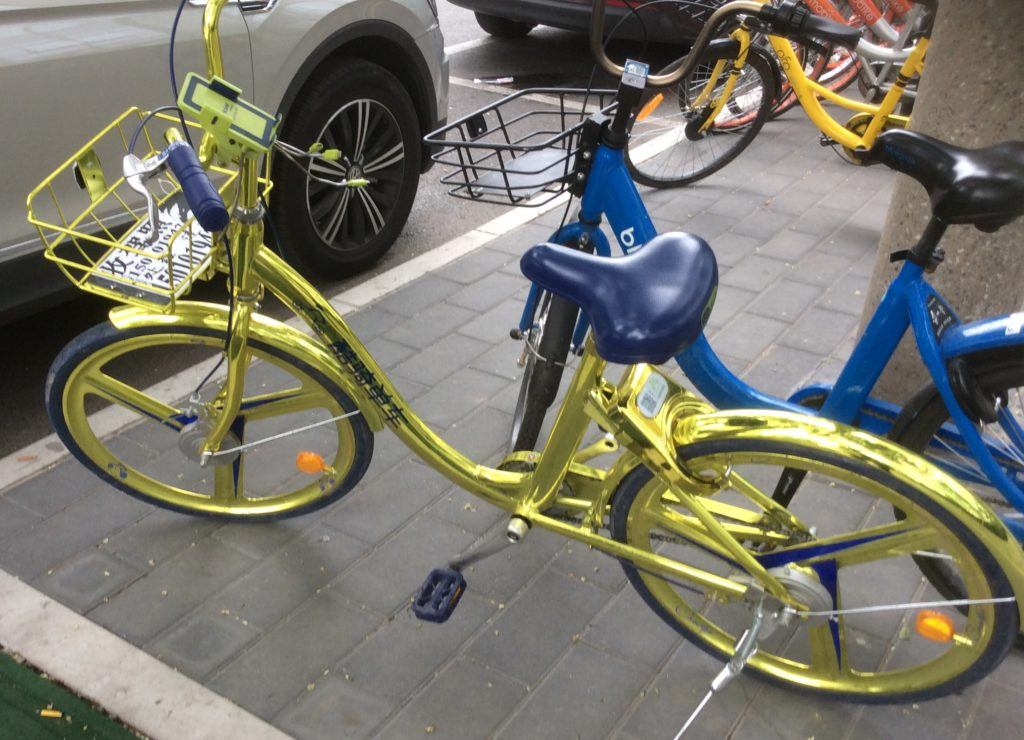
Thanks for reading. A special thanks to Bill Adams at Hume Brophy and everyone at Mobike.
This article was first published as a two-part series on the author’s blog. ( Part 1 and Part 2)
Recommended reads
-
 Subscribers only: an evening with the man who coined ‘growth hacking’
Subscribers only: an evening with the man who coined ‘growth hacking’ -
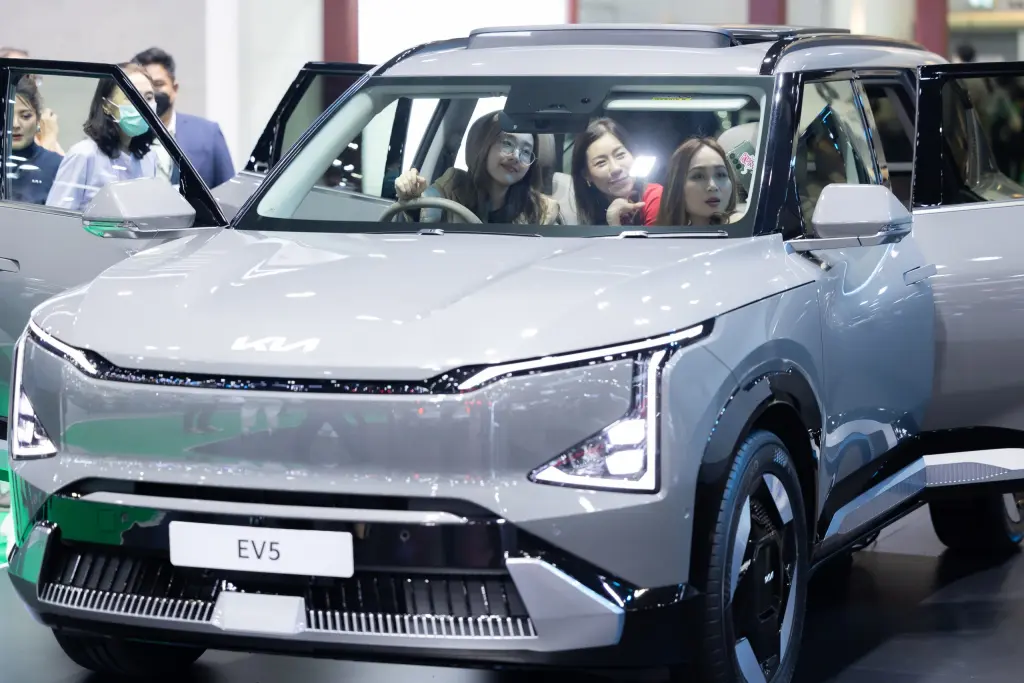 How Kia’s charging up its EV game for the modern consumer
How Kia’s charging up its EV game for the modern consumer -
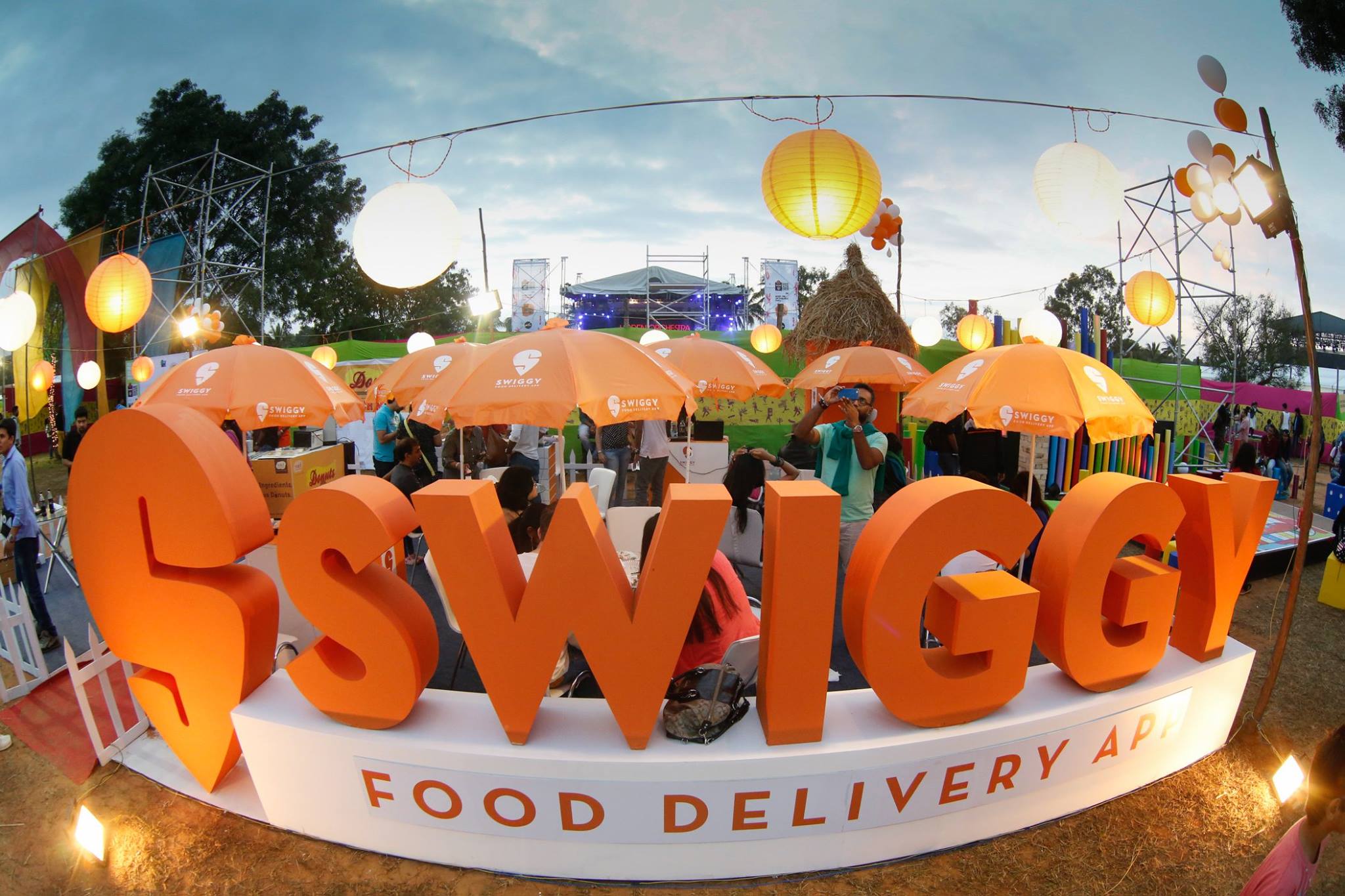 How Swiggy blitzscaled to 500 cities in under 2 years
How Swiggy blitzscaled to 500 cities in under 2 years -
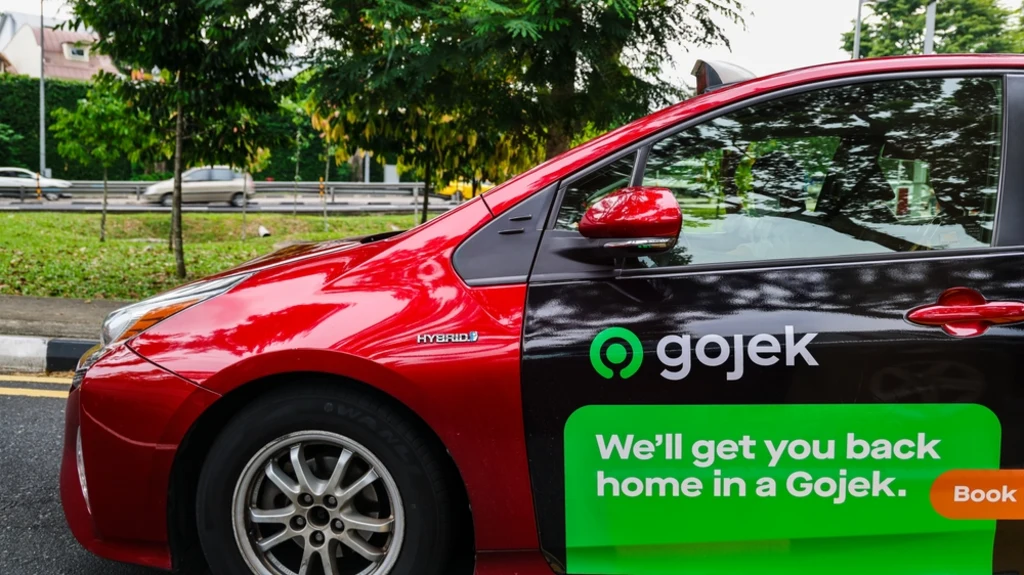 Gojek, ComfortDelGro Taxi to swap unclaimed rides with partnership launch
Gojek, ComfortDelGro Taxi to swap unclaimed rides with partnership launch -
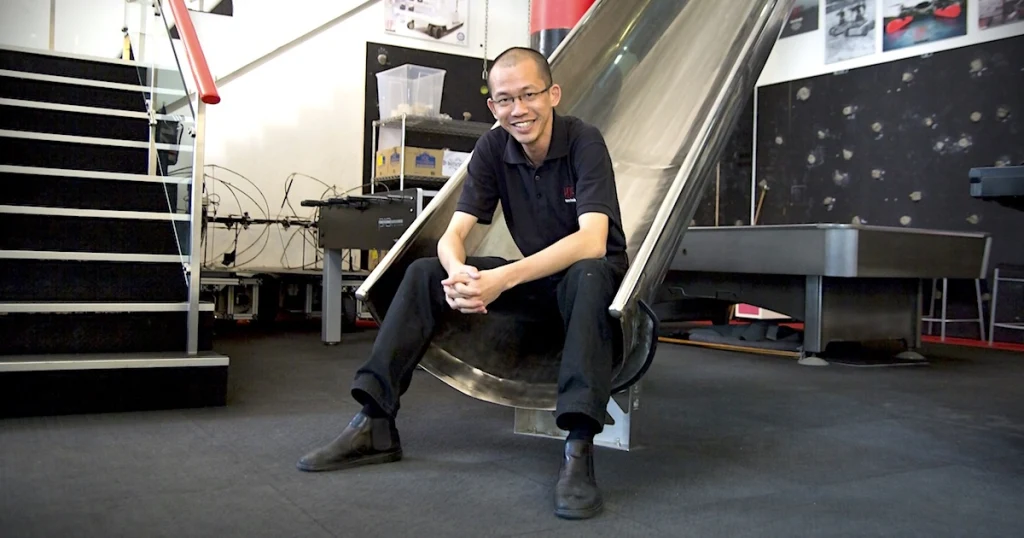 The Elon Musk of Singapore looks to engineer the next deep-tech unicorn
The Elon Musk of Singapore looks to engineer the next deep-tech unicorn -
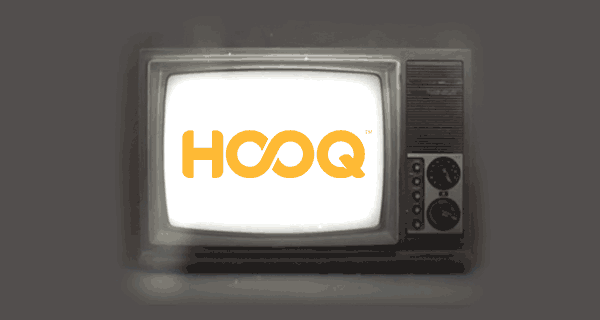 Hooq offers stark lessons for remaining video-streaming players
Hooq offers stark lessons for remaining video-streaming players -
 Recession Run: Wavemaker’s Santos sees a crisis as a flight to quality
Recession Run: Wavemaker’s Santos sees a crisis as a flight to quality -
 A VC asked me not to use the ‘N-word.’ He meant nipple
A VC asked me not to use the ‘N-word.’ He meant nipple -
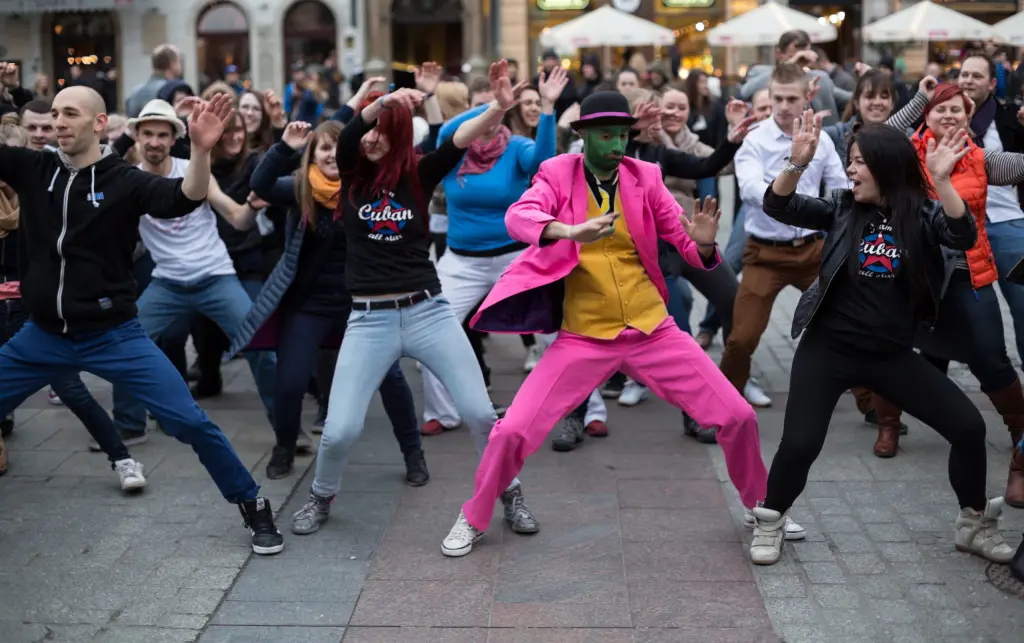 Don’t play nice: guerrilla marketing for SaaS startups
Don’t play nice: guerrilla marketing for SaaS startups -
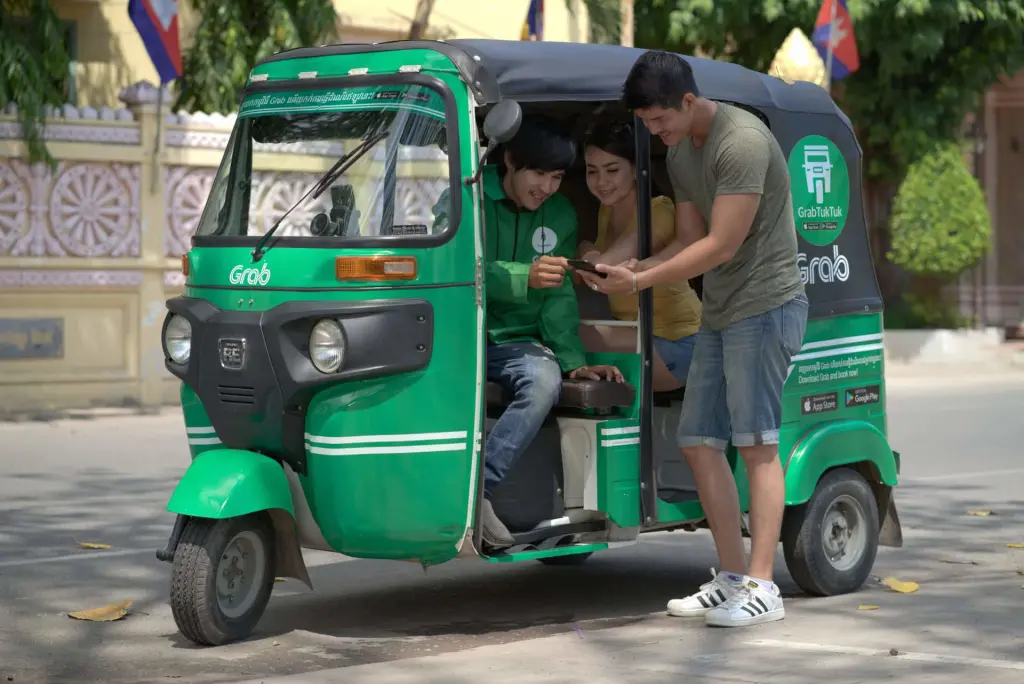 A deep dive into Grab’s approach to app design
A deep dive into Grab’s approach to app design
Editing by Jaclyn Teng
(And yes, we’re serious about ethics and transparency. More information here.)
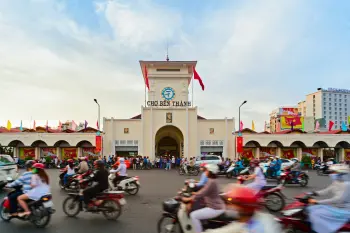




Be the first to comment!
Comment now